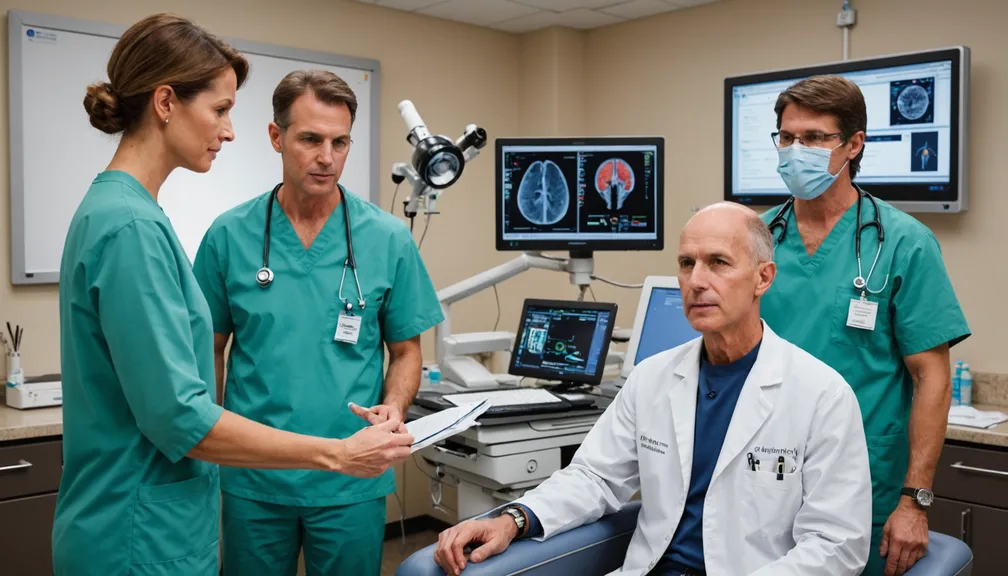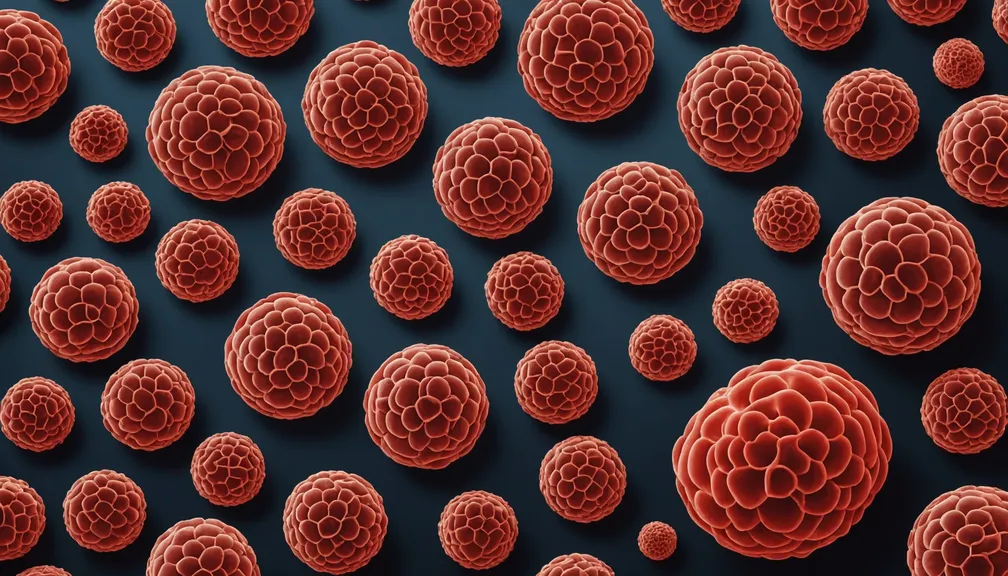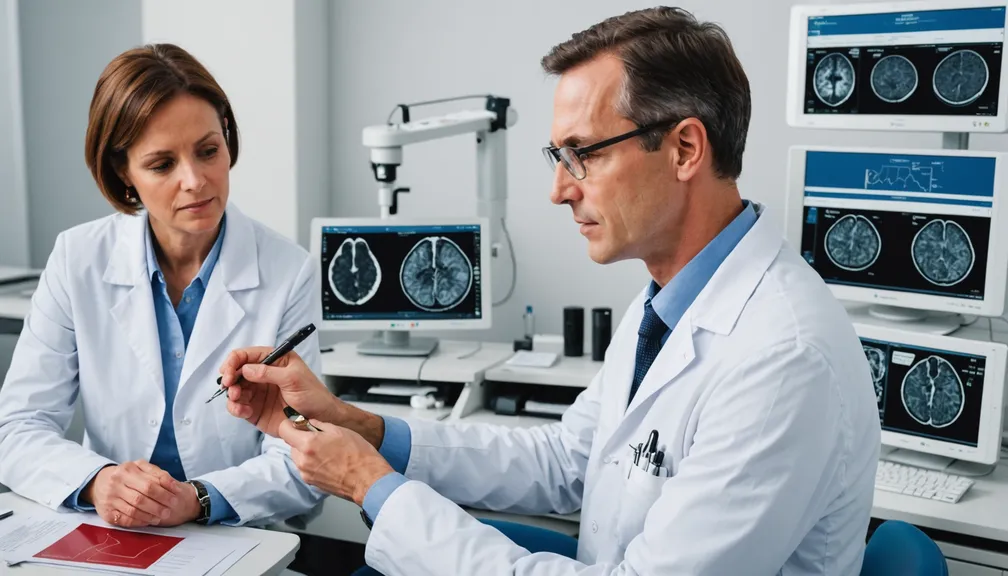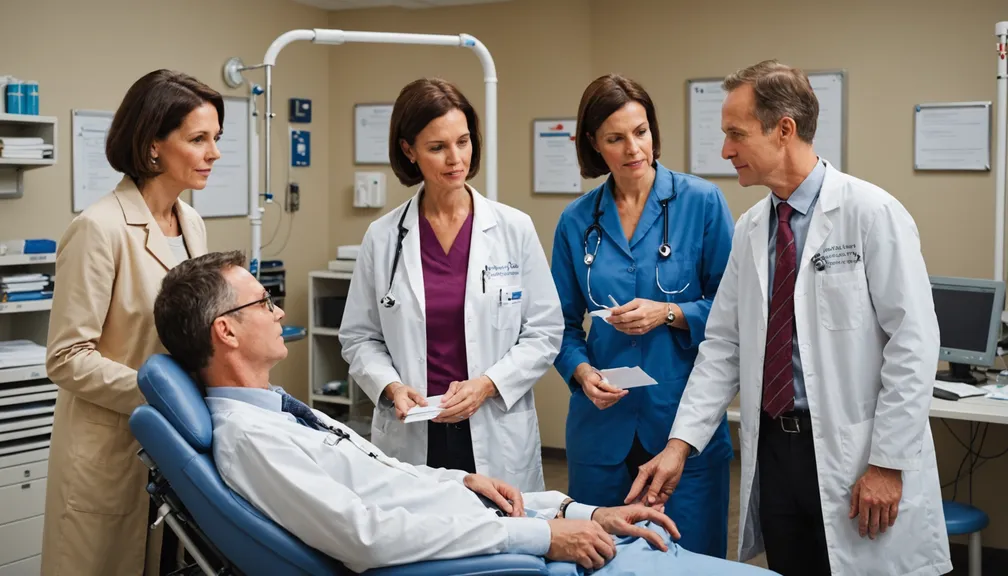Diagnostic Tests Explained: Blood Tests, Biopsies, and Imaging
Understanding the diagnostic tests involved in identifying hematologic cancers can empower you and your loved ones during this challenging time. This lesson explains the common tests used, what to expect, and the healthcare professionals who can support you.
1. Blood Tests
Blood tests are often the first step in diagnosing blood cancers. They help assess the number and types of blood cells in your body.
- Complete Blood Count (CBC)
- Purpose: Measures the levels of red blood cells, white blood cells, and platelets.
-
What It Reveals:
- Leukemia: High or low white blood cell counts.
- Anemia: Low red blood cell counts causing fatigue.
- Thrombocytopenia: Low platelet counts leading to easy bruising or bleeding.
-
Blood Chemistry Tests
- Purpose: Evaluate organ function and detect abnormalities.
-
Key Components:
- Liver and Kidney Function Tests: Ensure these organs are working properly.
- Electrolytes: Balance of minerals like potassium and calcium.
-
Molecular and Genetic Tests
- Purpose: Identify specific genetic changes in blood cells.
- Importance: Helps determine the exact type of cancer and guides treatment options.
2. Biopsies
Biopsies involve taking a sample of tissue or bone marrow to examine it closely for cancer cells.
- Bone Marrow Biopsy
- Procedure:
- Aspiration: A needle is used to withdraw liquid marrow.
- Biopsy: A small amount of solid marrow is collected.
-
Purpose: Determines if leukemia or multiple myeloma is present by examining blood cell production.
-
Lymph Node Biopsy
- Procedure: Removal of a small piece of lymph node tissue.
- Purpose: Diagnoses types of lymphoma by looking for cancerous lymphocytes.
3. Imaging Tests
Imaging tests help visualize the inside of your body to identify any abnormal growths or changes in organs and tissues.
- X-rays
-
Use: Detects bone abnormalities or enlarged lymph nodes.
-
Computed Tomography (CT) Scans
- Use: Provides detailed cross-sectional images of the body.
-
Benefits: Helps locate tumors and assess the extent of cancer spread.
-
Magnetic Resonance Imaging (MRI)
- Use: Uses magnetic fields to create detailed images of soft tissues.
-
Benefits: Particularly useful for detecting spinal cord or brain involvement.
-
Positron Emission Tomography (PET) Scans
- Use: Combines PET and CT scans to show both function and structure.
- Benefits: Helps in staging cancer and monitoring treatment response.
4. Preparing for Your Tests
- Communicate with Your Healthcare Team
- Inform them about any medications you’re taking.
-
Discuss any allergies or previous reactions to tests.
-
Follow Pre-Test Instructions
- Some tests may require fasting or adjusting medications.
- Arrange for someone to accompany you, especially for biopsies or imaging that might require sedation.
5. What to Expect During and After the Tests
- During the Test
- Blood Tests: Quick and relatively painless, involving a blood draw from your arm.
- Biopsies: May cause discomfort or minor pain; local anesthesia is usually applied.
-
Imaging Tests: Generally painless, though some may require holding still for extended periods.
-
After the Test
- Blood Tests: Resume normal activities immediately.
- Biopsies: Rest or limited activity for a short period; monitor the biopsy site for signs of infection.
- Imaging Tests: Typically, you can return to your daily routine unless sedation was used.
6. Healthcare Professionals Who Can Help
- Hematologist-Oncologists
-
Specialize in diagnosing and treating blood cancers.
-
Pathologists
-
Examine biopsy samples to identify cancer cells.
-
Radiologists
-
Interpret imaging tests like X-rays, CT scans, MRIs, and PET scans.
-
Nurse Practitioners and Physician Assistants
-
Provide care, support, and guidance throughout the diagnostic process and treatment.
-
Genetic Counselors
-
Help understand genetic test results and their implications.
-
Social Workers and Counselors
- Offer emotional support and resources for coping with diagnosis and treatment.
Understanding these diagnostic tests can help you navigate the complex journey of diagnosing hematologic cancers. Don’t hesitate to ask your healthcare team any questions you may have—they are there to support you every step of the way.






